Essential Reads for Math and Engineering Students
Written on
Chapter 1: Recommended Reads for STEM Students
This article highlights some of the most impactful books for students pursuing math, science, technology, and engineering. Let’s dive into the recommendations.
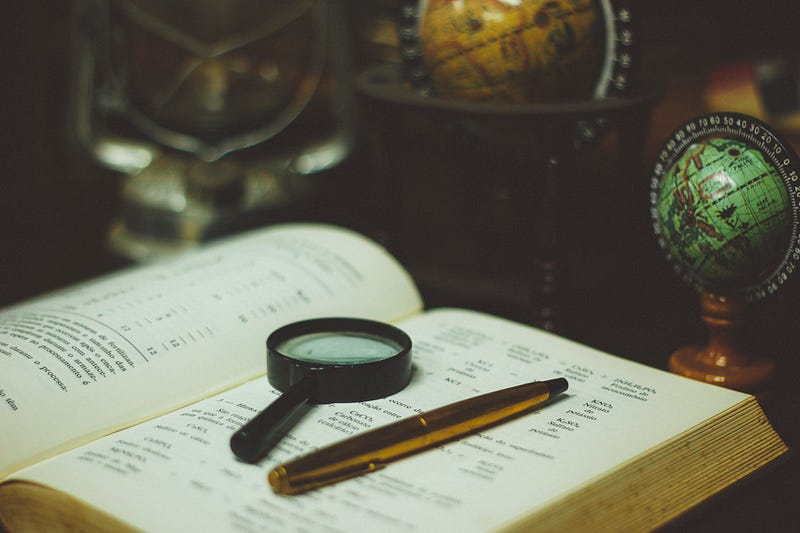
Audiobooks are a fantastic option for these titles! You can explore them for free here!
Michio Kaku — Physics of the Future
First on the list is "Physics of the Future" by Michio Kaku. This engaging book spans various topics, including computers, artificial intelligence, nanotechnology, medicine, fusion energy, and space exploration. It delves into specific research initiatives crucial for our future, such as the development of nanoparticles targeting cancer cells at Argonne National Lab. Furthermore, it discusses innovations like augmented reality devices, including Internet-connected glasses.
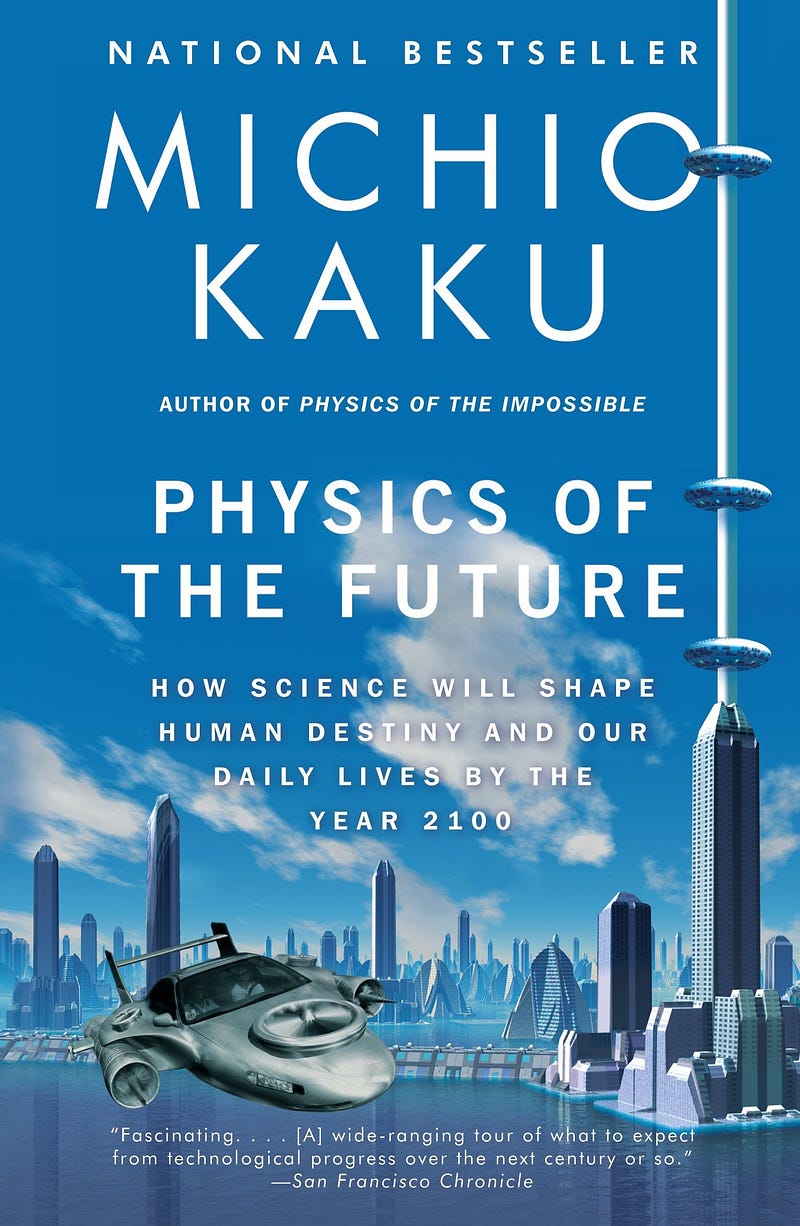
If you find this book intriguing, you might also enjoy "Soonish" and "Rise of the Robots." Kaku has recently released another book on humanity's future, which is on my reading list.
Many students often voice concerns about the way STEM disciplines are taught. Typically, the curriculum takes a fundamental approach, explaining how transistors function in computers or detailing the thrust generated by different rocket fuels. While these concepts are vital, they often fail to provide a broader understanding of emerging technologies and the significant challenges faced in various scientific fields. A comprehensive view of interrelated areas is essential, such as the significance of room-temperature superconductors, which enhance efficiency in power delivery.
Brian Christian & Tom Griffiths — Algorithms to Live By
Next up is "Algorithms to Live By" by Brian Christian and Tom Griffiths. This book is an excellent resource for those interested in computer science, algorithms, and statistics, illustrating how these fields intersect to tackle everyday problems. The opening chapter introduces readers to the famous secretary problem.
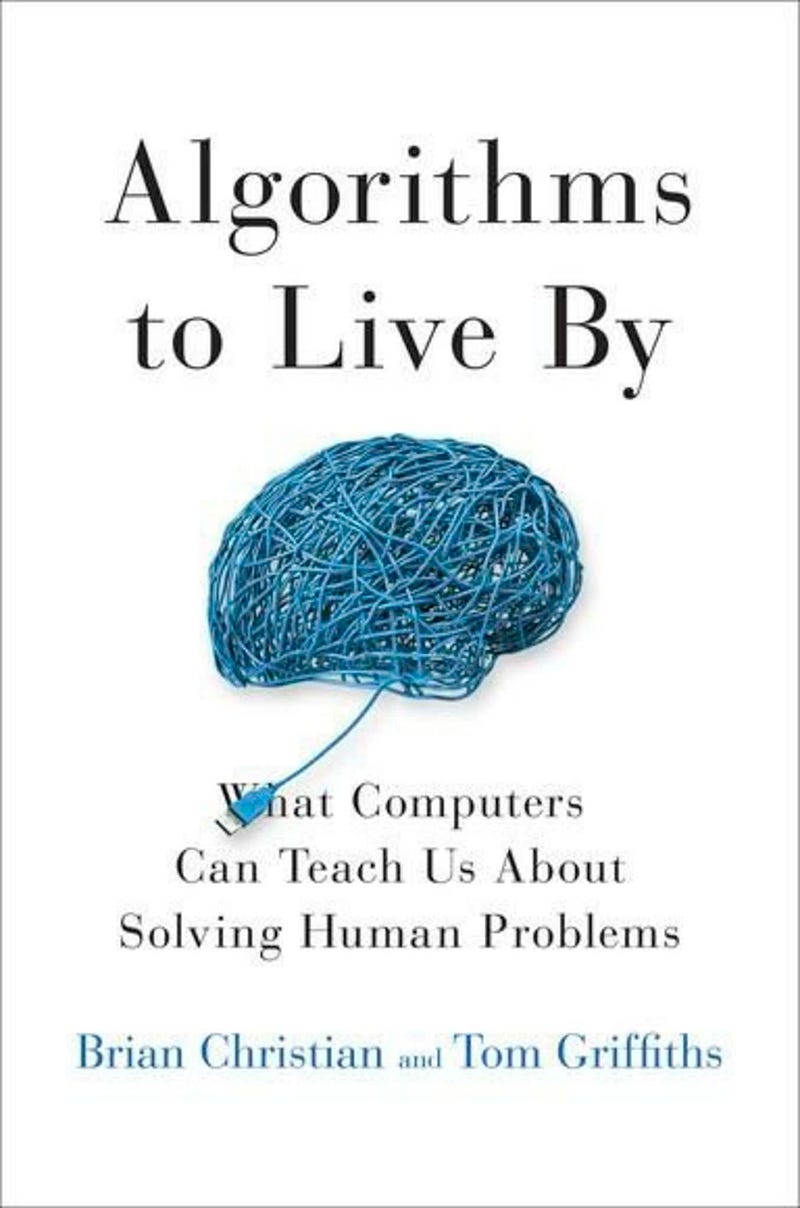
In this scenario, you're tasked with hiring the best candidate from a pool of one hundred applicants. The challenge lies in choosing when to hire someone without knowing who the best candidate is. The optimal strategy is to interview thirty-seven candidates and then select the next person who surpasses the best from the initial interviews. This technique, known as optimal stopping, can be applied to various decision-making scenarios, from finding a parking space to selecting an apartment or even choosing a life partner.
Barbara Oakley — A Mind for Numbers
Another notable recommendation is "A Mind for Numbers" by Barbara Oakley. This book focuses on mastering math and science, but its insights are applicable to any subject. Oakley discusses two distinct learning modes: focused and diffuse, emphasizing the importance of alternating between them to achieve mastery. She also addresses common pitfalls in learning, procrastination, and more.
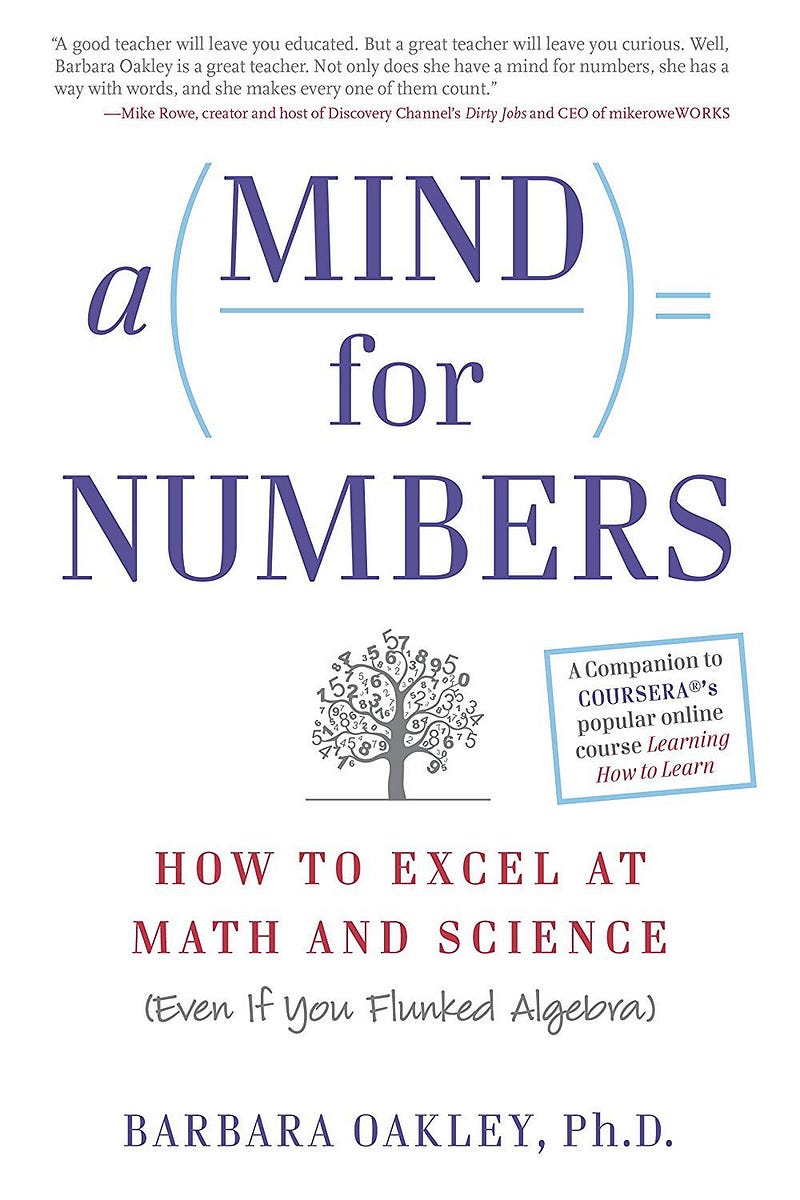
Jordan Ellenberg — How Not to Be Wrong
For math enthusiasts, "How Not to Be Wrong: The Power of Mathematical Thinking" by Jordan Ellenberg is a must-read. The book covers a wide range of topics, including geometry, computer science, and statistics, all through a mathematical lens. Ellenberg illustrates how misconceptions can arise, using examples like the surprising correlation between lower populations and higher cancer rates in certain states.
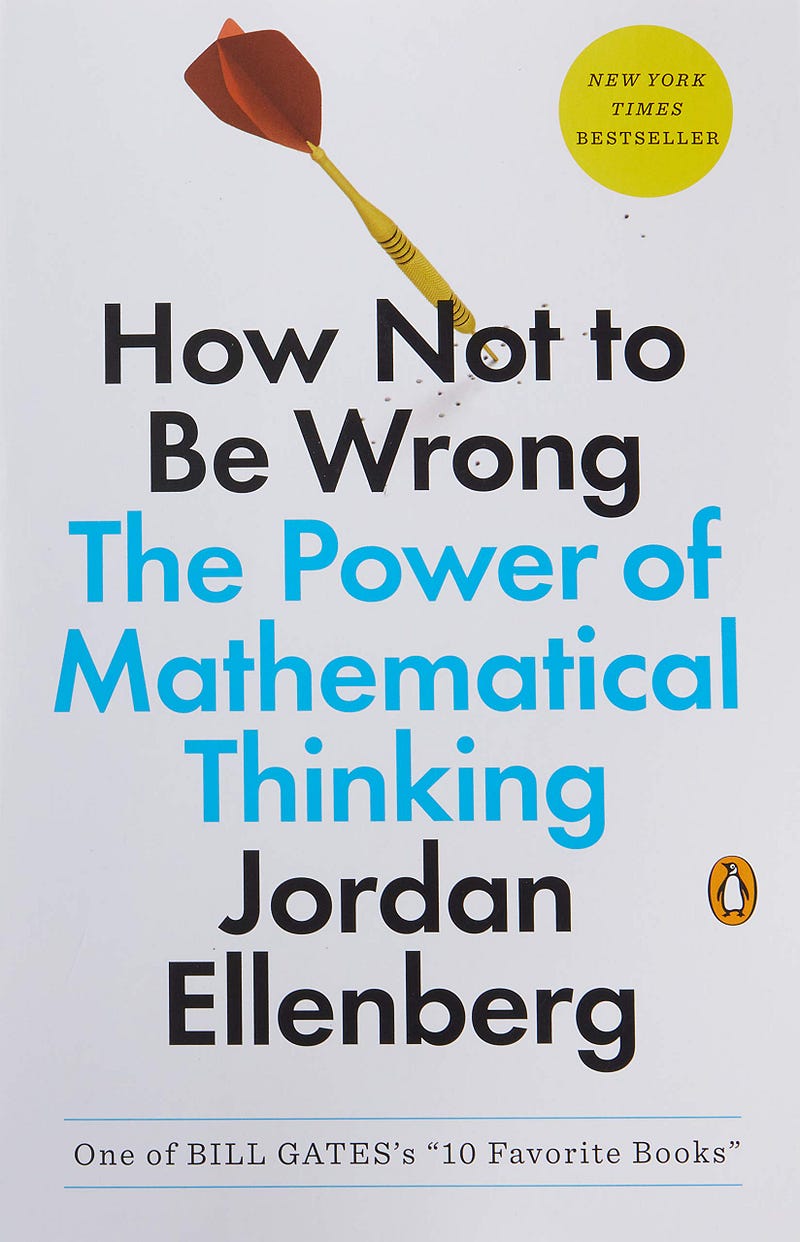
Cal Newport — Deep Work
Switching gears to productivity, "Deep Work" by Cal Newport offers valuable insights into working efficiently amidst constant distractions. Newport, a computer science Ph.D., provides strategies for maximizing productivity and emphasizes the value of deep work over shallow, unproductive tasks.
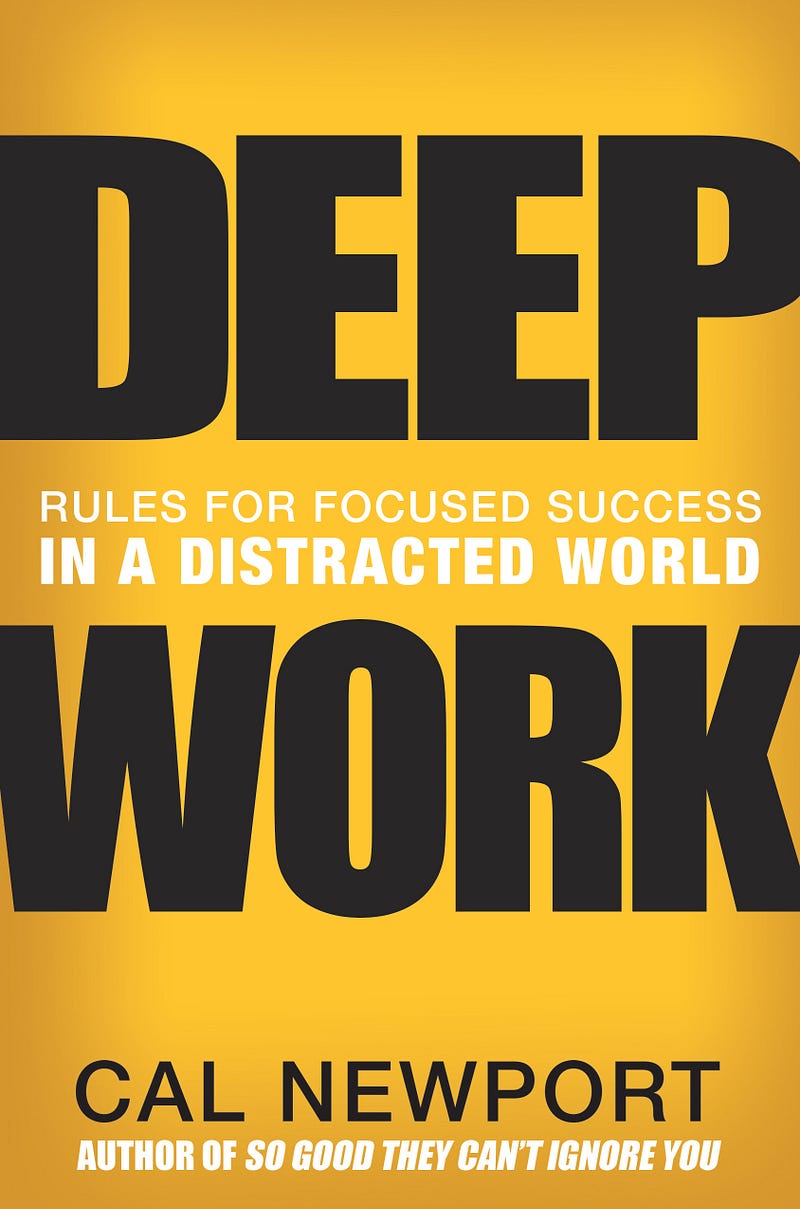
Ashlee Vance — Elon Musk: Tesla, SpaceX, and the Quest for a Fantastic Future
Lastly, I couldn't conclude this list without mentioning "Elon Musk" by Ashlee Vance. This biography is perfect for anyone curious about Musk's journey, his entrepreneurial spirit, and the engineering innovations behind his ventures. It provides a comprehensive look at his life and the challenges he faced.
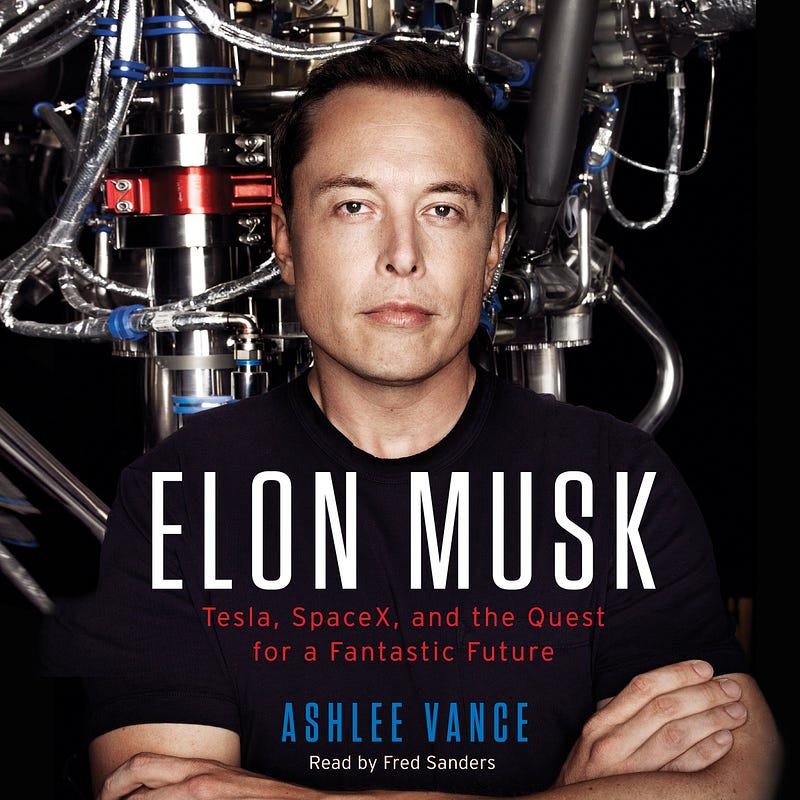
While I've shared a selection of books, I have many more recommendations that I will continue to update as I read further.
Note: As an Amazon Associate, I earn from qualifying purchases.
Chapter 2: Essential Videos for STEM Learning
The first video titled "Books that All Students in Math, Science, and Engineering Should Read" offers insightful recommendations that complement the reading list presented in this article.
The second video, "One Math Book For Every Math Subject," provides a focused look at a single essential book that covers a broad spectrum of mathematical concepts.